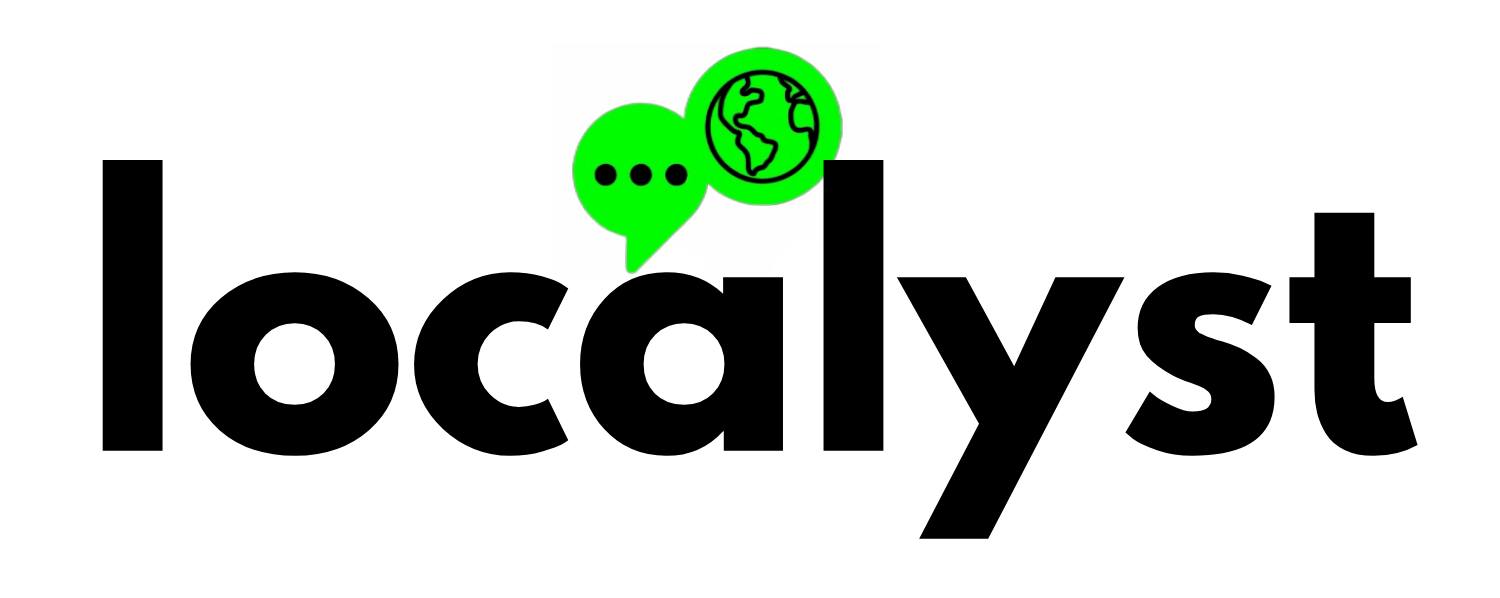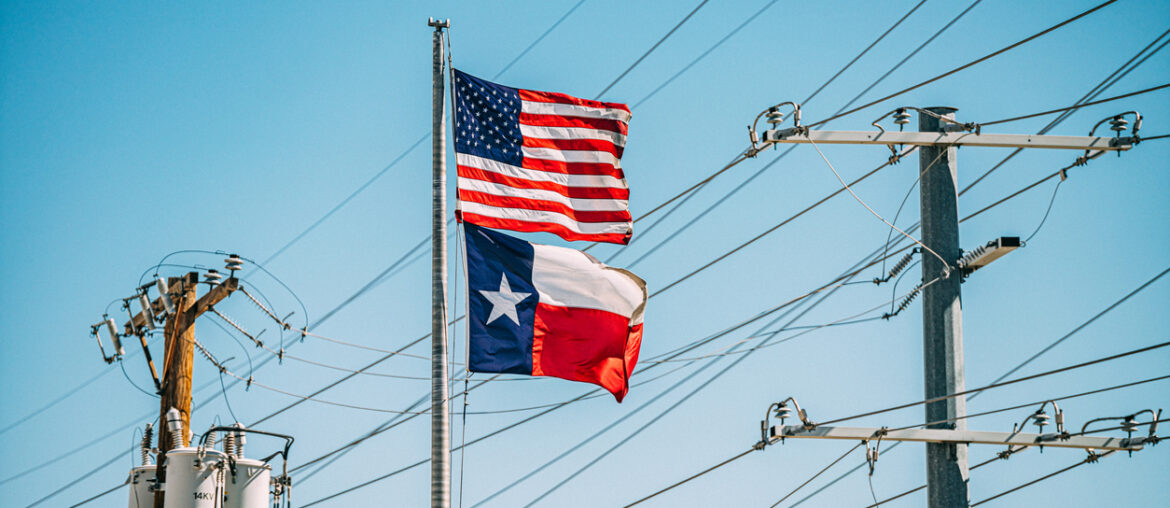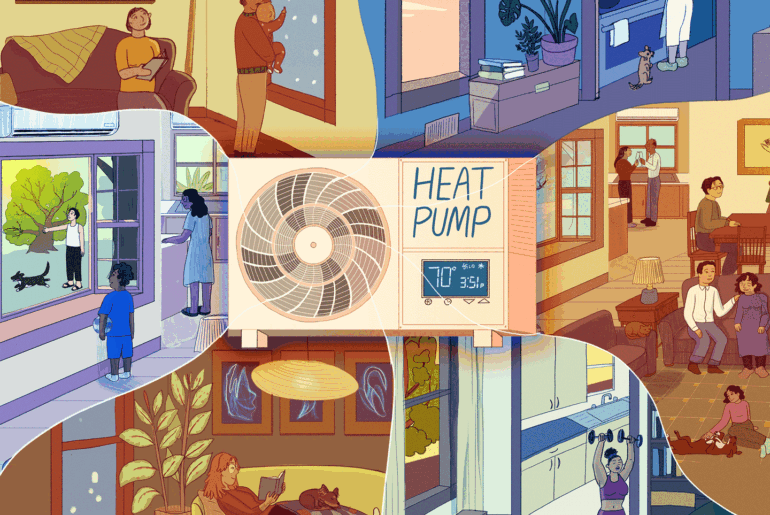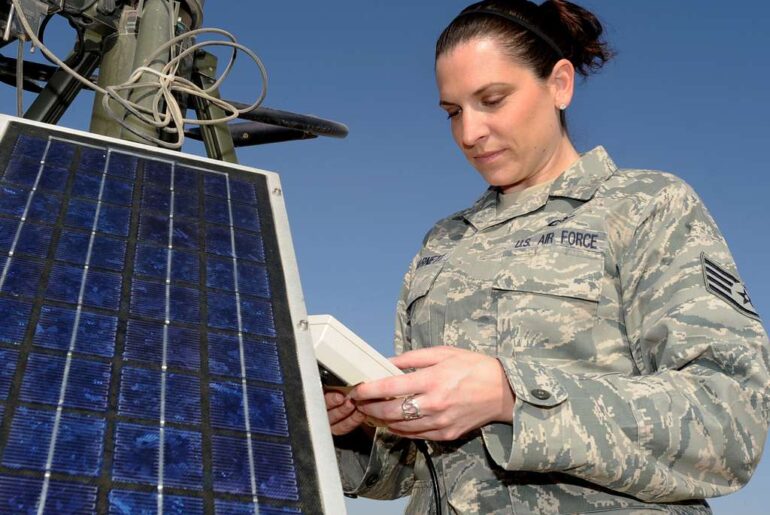On a bright afternoon in the Texas Hill Country, Tom Cook pulls out his phone to check his app — not for the weather or a football score, but to see how much electricity his rooftop solar panels are producing. On sunny days, his panels do more than just power his home; they send excess energy back to the grid, earning him bill credits and helping his neighbors during energy crunches.
“We get the sun beaten down on us,” Tom, 72, chuckles. “It’s good to have the sun pay us back” (as reported by The Texas Tribune).
Tom is one of a growing number of Texans involved in a quiet energy revolution. Across the state, local electric cooperatives like Bandera Electric Cooperative are leading the charge in building “virtual power plants.” These aren’t traditional plants with smoke stacks — they’re networks of homes like Tom’s, outfitted with solar panels, backup batteries, and smart thermostats, all linked together to support the state power grid.
From Front Porch to Power Source
Through a state pilot program overseen by the Electric Reliability Council of Texas (ERCOT), Bandera Electric and companies like Tesla and Base Power are showing how Texans can keep the lights on — not just for themselves, but for their communities. When demand peaks or emergencies hit, these connected homes automatically send energy back to the grid or reduce usage, helping avoid blackouts and lowering everyone’s electric bills.
Terry Adams, a civil engineer living outside San Antonio, noticed the difference immediately after installing his system. “The oven — the clock on it didn’t even reset” during a power outage, he said. His son from Houston even came to stay after Hurricane Beryl knocked out power for millions (Texas Tribune).
The idea is simple: reward regular folks for helping out. Today, about 34 homes are part of Bandera’s virtual power plant. With the new partnership with Base Power, that number is set to grow fast, according to the San Antonio Express-News. Participants pay about $37 a month for a backup battery — a fraction of the typical $10,000+ cost to buy one outright. The utility uses this network of batteries to support the grid, and in return, homes get reliable backup power and monthly credits.
Why It Matters
ERCOT warns that energy demand in Texas could double by 2030, according to the Texas Tribune. That’s due to population growth, extreme weather, and energy-hungry newcomers like data centers and crypto mines. While building new gas plants and power lines takes years, virtual power plants can go live in weeks — no bulldozers or red tape required.
It’s like having a silent army of tiny power plants across the state. In fact, smart thermostats already in Texas homes could offer the grid as much as 2.6 gigawatts — the equivalent of two full nuclear power plants.
A Smarter, Fairer Grid
Right now, large commercial users like crypto mines can earn millions for cutting usage during grid emergencies. Residential customers, however, typically just receive modest bill credits. Folks like Bill Hetherington, CEO of Bandera Electric, believe that’s due for a change.
“The only way to keep up [with demand] is to reward people who actually help the grid,” he told the Texas Tribune.
Bandera’s system starts with a tool called Apolloware — a smart energy management platform that shows customers how much power their devices use in real time. From there, people can choose to install solar panels, lease a battery, and let the co-op send power back to the grid during critical times. Some customers, like Tom, earn around $50 a month in credits. With solar panels, he slashed another $50 from his bill.
“I’m not an environmental nut or anything,” he said to the Texas Tribune. “But I think we ought to do what we can. This is a community service in a way, and it benefits me personally”
What’s Next
This isn’t just about flashy technology or big-city climate goals. It’s about neighbors helping neighbors, keeping homes safe during blackouts, and making sure our power system works for everyone — not just the biggest players.




